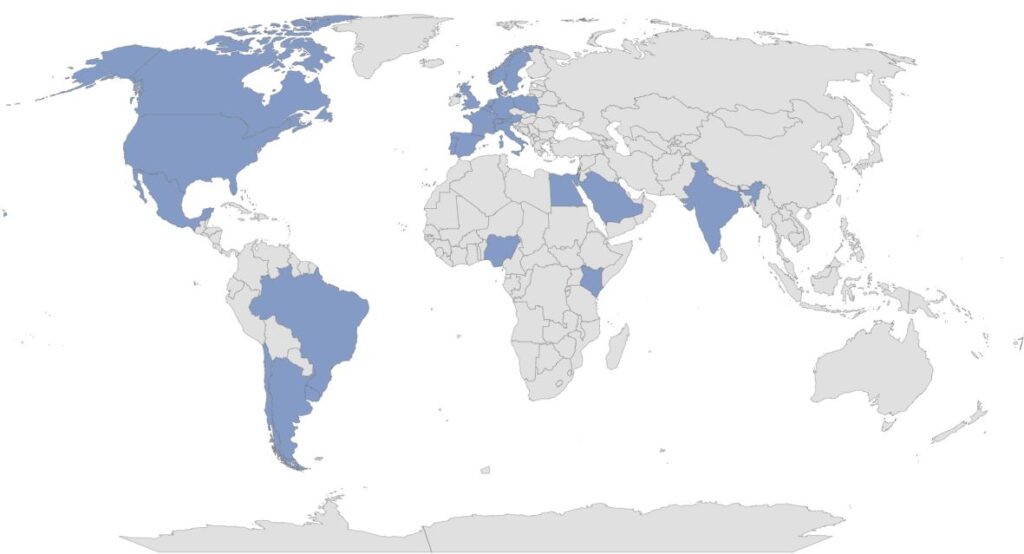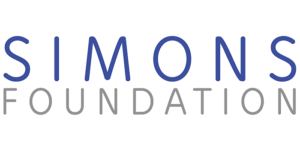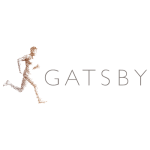Modern Approaches to Behavioural Analysis is a Cajal NeuroKit. The course will combine online lectures on fundamentals and advanced neuroscience topics with guided data analysis and exercises.
Course overview
The goal of neuroscience is to understand how the nervous system controls behaviour, not only in the simplified environments of the lab, but also in the natural environments for which nervous systems evolved.
In pursuing this goal, neuroscience research is supported by an ever-larger toolbox, ranging from optogenetics to connectomics. However, often these tools are coupled with reductionist approaches for linking nervous systems and behaviour. This course will introduce advanced techniques for measuring and analysing behaviour, as well as three fundamental principles as necessary to understanding biological behaviour: (1) morphology and environment; (2) action-perception closed loops and purpose; and (3) individuality and historical contingencies [1].
[1] Gomez-Marin, A., & Ghazanfar, A. A. (2019). The life of behavior. Neuron, 104(1), 25-36
What will you learn?
This course will emphasize the philosophical and observational skills required to understand behaviour, while also providing training in motion capture technologies and computer vision methods that can assist in the collection and analysis of video recorded behaviour datasets.
Focusing on the tool DeepLabCut, students will analyse either their own original video dataset or datasets of general interest and have the opportunity to practice tracking, pose estimation, action segmentation, kinematic analysis and modeling of behaviour.
By the end of the course, you will:
- be familiar with modern and historical frameworks for studying the behaviour of living biological systems
- practice methods for carefully and precisely observing and defining behaviours
- understand the limits and capabilities of computer vision
- develop an intuition for how to build experimental setups that can take advantage of tools such as DeepLabCut
Furthermore, this course shares and promotes open source software, and we encourage students to try new ideas, share insights, and connect with the open-source community.
Faculty
Course directors
Course contributors
Nicola Clayton, keynote lecture (Cambridge University, UK)
Ole Kiehn, keynote lecture (Copenhagen University, Denmark)
Johanna T Schultz, guest lecture (USC, Australia)
Caleb Weinberg, guest lecture (Harvard Medical School, USA)
Nacho Sanguinetti, guest lecture (Harvard University, USA)
Local Training Hubs
Some of our instructors will be available to run an onsite version of the course in the cities below. This will be a unique opportunity to get in-person tutoring and to take the course alongside other students.
If you’re in or near one of the listed cities and wish to join the onsite course, please indicate your preferred location at the end of your application form in the “Any additional comment” section.“
1. Argentina, Buenos Aires
2. Germany, Bochum
3. Greece, Athens
4. Japan, Okinawa
5. Switzerland, Geneva
6. Rwanda, Kigali
7. United Kingdom, Oxford and London
8. Canada, Toronto
9. Germany, Bochum
10. Spain, Valencia
Apply to be a Teaching Assistant!
If you are interested in becoming a Teaching Assistant for this course, we invite you to FILL OUT THIS FORM by the 2nd of August (deadline extended).
You have the option to choose between being an ONLINE TA or a LOCAL TA.
As an ONLINE TA, you will be responsible for teaching exclusively through online platforms. Alternatively, as a LOCAL TA, you will teach a group of students located near you at a local hub.
Last year we had hubs in Buenos Aires, London, Munich, and Nairobi and we are seeking more hubs.
Here is our Global Reach in 2022 (past participants)

Programme
Day 1 – What is animal behaviour?
Historical and current theoretical frameworks for the study of behaviour in living biological systems
Practical exercises for training skills in observing and defining behaviours
Day 2 – Tools for modern-day ethology
Fundamentals of video recording, computer vision, and deep learning
Introduction to DeepLabCut
Creating a tailored DeepLabCut model for your data or data shared by us.
Day 3 – Training computers to see as we see
Multi-animal tracking
Live tracking
Evaluating, utilizing and optimizing your DeepLabCut model from day 2
Day 4 – Analysis by eye and by computer
Movement kinematics in living biological systems
Action segmentation – when does a behaviour start and end?
Analyse original video dataset of behaviour
Joint neural and behavioral analysis
Day 5 – Working on your data and discussion
-
Advanced DLC topics and potential pitfalls
-
Keep analyzing data and student presentations
The course will be held from 13:00 to 17:00 GMT.
Registration
Registration fee: 200€ per person (includes pre-recorded and live lectures before and during the course, tutoring, and course certificate).
To receive more information about this NeuroKit course, email info@cajal-training.org









